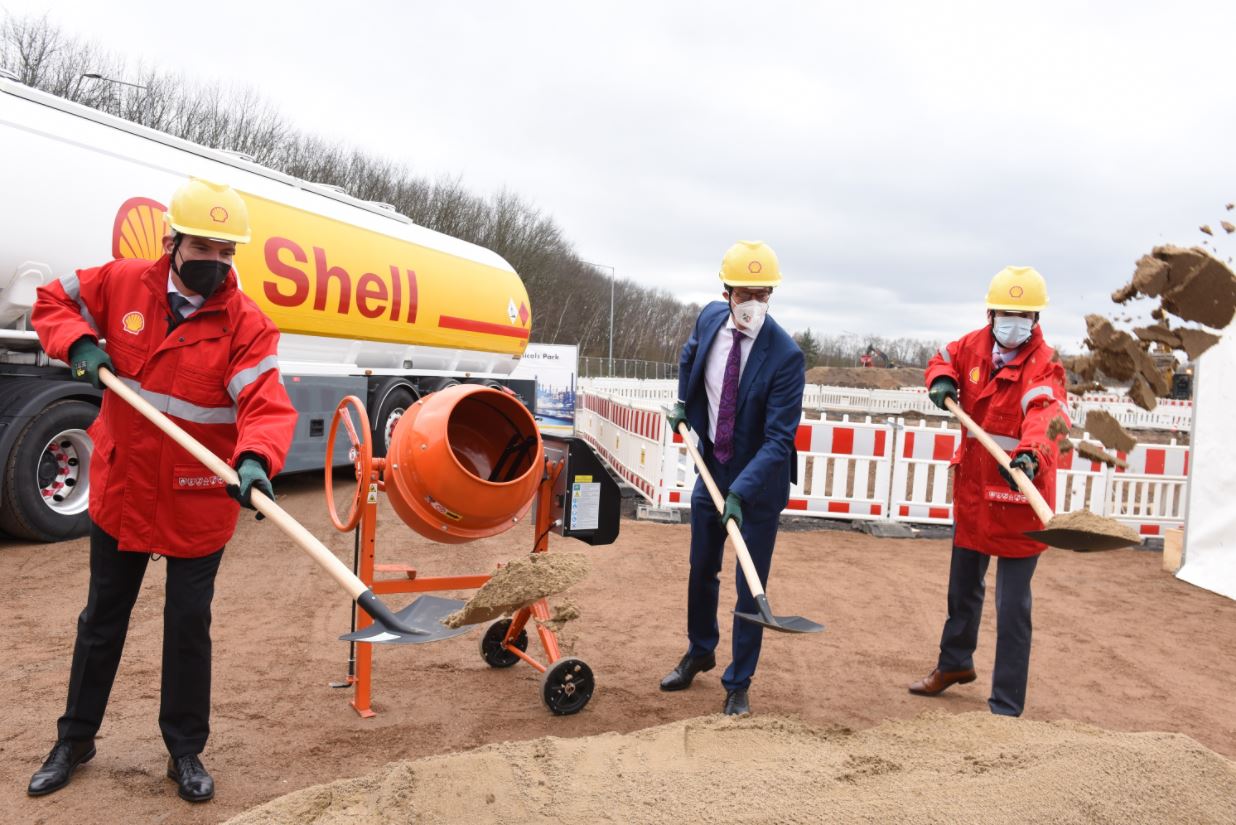A unit of LNG giant Shell has started building what it says is the largest bio-LNG production plant in Germany.
Located at Shell’s Rheinland refinery near the German city of Cologne, the new plant will have a capacity of about 100,000 tons and will supply bio-LNG to the company’s growing network of LNG filling stations in the country.
According to Shell Germany, the firm currently operates 26 LNG filling stations along the main road transport routes.
By the end of 2022, the Shell station network should include around 40 LNG filling stations.
Shell Germany said it started building the bio-LNG plant on February 9.
The plant in Godorf will have a liquefaction unit, a gas treatment system, storage tanks, as well as truck loading facilities. It will receive biomethane via a gas pipeline and liquefy it for onward distribution to filling stations.
Also, Shell says bio-LNG originates from organic waste such as agricultural residues, municipal solid waste, and manure.
After completion of the facility in the second half of 2023, Shell Germany plans to supply its entire network of filling stations with bio-LNG.
The quantities produced in Godorf can cover the annual needs of around 4000 to 5000 LNG-powered trucks, opening up the possibility of saving up to a million tons of CO2 per year compared to conventional diesel trucks, Shell said.
Besides this bio-LNG plant, Shell launched last year Europe’s biggest hydrogen electrolysis plant at the Rheinland refinery.
The facility uses renewable electricity to produce up to 1,300 tonnes of green hydrogen a year, according to Shell.

